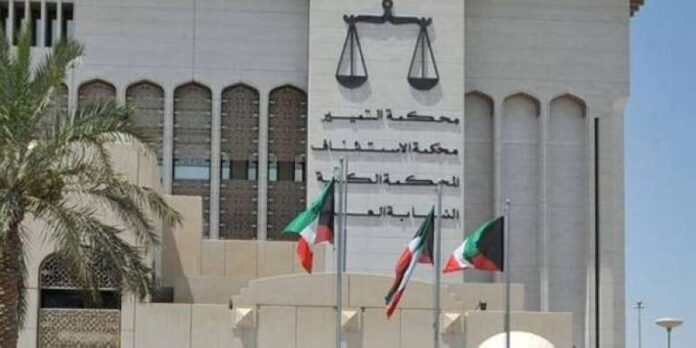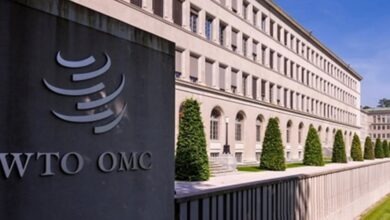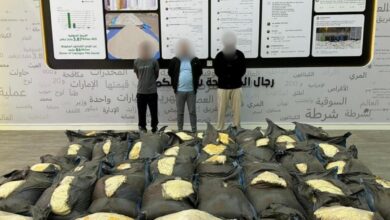Kuwait issues Decree-Law No. 78 of 2025 to reform judicial fees and curb malicious lawsuits

The government has issued Decree-Law No. 78 of 2025 to amend certain provisions of Law No. 17 of 1973 on judicial fees. The reform aims to reduce the number of malicious lawsuits, reinforce the seriousness of resorting to the judiciary, and encourage alternative dispute resolution mechanisms such as arbitration and conciliation.
The explanatory memorandum, published in Kuwait Today, highlights that the original law has remained unchanged for over fifty years, despite major economic and social transformations. These include rising inflation, increased per capita income, and higher service costs.
The increased legal awareness and public trust in the judiciary have contributed to a growing volume of court cases, leading to prolonged litigation times. The state collects judicial fees as a charge for the services offered by the judicial system. Raising these fees is intended to deter baseless lawsuits and support smoother court functioning while maintaining access to justice, reports Al-Rai daily.
Article 1 of the decree replaces several provisions of Law No. 17 of 1973. Article 2 stipulates that if a lawsuit includes multiple requests, all may be subject to separate fees. Article 5 classifies specific claims—such as signature authenticity, urgent matters, forgery, foreign ruling enforcement, eviction of rented property, and others—as having no determinable value. Article 6 introduces a proportional fee structure for claims of known value: 5% up to 30,000 dinars; 3.5% from 30,001 to 150,000; 2.5% from 150,001 to 500,000; 1.5% from 500,001 to 5 million; and 1% above 5 million dinars. A minimum fee of 10 dinars applies in all cases.
Article 7 sets fixed fees for unvalued lawsuits: 10 dinars for execution requests, 50 for urgent matters, 100 for lawsuits filed in all court levels, 150 for temporary execution objections, 300 for recusal requests (variable by the number of individuals), and 500 for property sale referrals.
Article 8 requires individual fees for multiple original or reserve claims without value unless they are related. Article 9 imposes fixed fees on personal status cases, partner division lawsuits, and appeals against fee-related decisions. Article 10 introduces fees for lawsuits reactivated after cancellation or suspension, including a 5-dinar renewal fee and a 10% surcharge if refiled within three months, with the same parties and subject matter.
Articles 15 to 17 regulate fee exemption procedures. Requests must be submitted with supporting documents and reviewed by a three-judge committee. The exemption is personal and may be annulled if the applicant’s financial condition improves. If an exempted party is ordered to pay but cannot, fees may be recovered later upon financial capability.
Article 18 imposes a 5-dinar fee per person for warnings and announcements unrelated to the lawsuit process. Article 19 imposes a 0.5-dinar fee per page for extra or subsequent copies of judgments. Article 22 requires prior payment of fees or proof of exemption before lawsuits are processed. If unpaid, courts will grant a grace period; failure to pay without justification voids the case. Article 23 applies Article 123 of the Civil and Commercial Procedures Law to fee assessments and appeals, and reaffirms the plaintiff’s responsibility for fees until a final ruling.
Article 2 of the decree adds two new items to Article 4 of Law No. 17 of 1973. Item (w) states that claims to invalidate court, judicial, or arbitral rulings will be estimated based on the awarded value. Item (z) clarifies that claims involving letters of guarantee are to be valued at their total unless the dispute concerns only part of the amount, in which case it will be based on that part alone.












